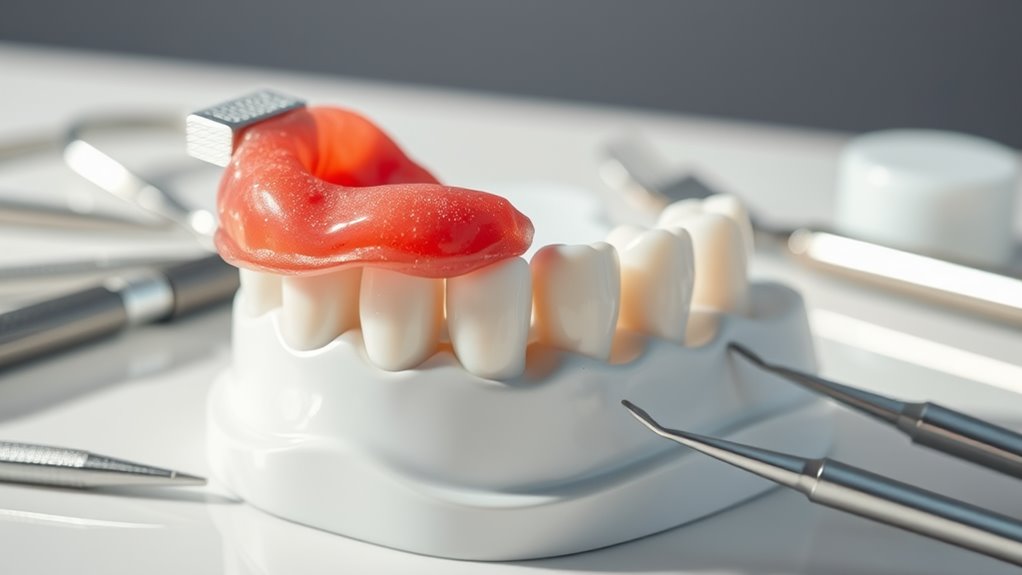Is Chewing Gum Bad or Good. The Truth May Surprise You
Chewing gum can have both positive and negative effects on your health. On the good side, it can improve focus, aid digestion, and freshen breath. However, overconsumption may lead to jaw pain or digestive issues, especially with sugary varieties. Misconceptions abound, like the idea that gum stays in your stomach for years; in reality, it passes through quickly. By knowing when to chew and when to avoid it, you can enjoy the perks while minimizing risks. Discover more insights on this topic!
The Origins of Chewing Gum
Although you’ve likely enjoyed chewing gum at some point, you might be surprised to learn that its origins date back thousands of years.
Early civilizations, like the Greeks and Mayans, chewed natural latex from trees. This debunks the common gum chewing myth that gum is a modern invention.
Over time, it evolved into the sugary treat we recognize today, showcasing human creativity and consumption.
Health Benefits of Chewing Gum
Chewing gum has come a long way since its ancient origins, and today, it’s not just a pleasurable pastime; it also offers several health benefits. You might be surprised by how it can enhance your well-being.
| Benefit | Description |
|---|---|
| Improves Focus | Chewing gum boosts cognitive functions. |
| Aids Digestion | It stimulates saliva production. |
| Freshens Breath | It helps eliminate bad odors. |
Potential Drawbacks and Risks
While many enjoy chewing gum for its benefits, it’s essential to consider the potential drawbacks and risks associated with this habit.
Overconsumption can lead to jaw discomfort or TMJ disorders.
Sugar-laden gums might contribute to cavities, while some sugar-free varieties may cause digestive issues.
Additionally, frequent chewing can lead to increased appetite, prompting unhealthy snacking habits.
Being mindful of these factors is crucial, as sugar-free gum can still have drawbacks if consumed excessively.
Misconceptions About Gum Chewing
Many people hold strong beliefs about chewing gum that may not align with scientific evidence. For instance, many think it’s solely harmful, while others believe it enhances cognitive function. Here’s a quick look at common misconceptions:
| Misconception | Truth |
|---|---|
| Gum stays in your stomach for 7 years | It passes through your system quickly. |
| Chewing gum causes cavities | Sugar-free gum can prevent cavities. |
| It makes you lose weight | It only aids in managing cravings. |
| Gum chewing leads to digestive issues | Moderate chewing is generally safe. |
| All gums are unhealthy | Some offer benefits, like dental health. |
Additionally, chewing sugar-free gum can help stimulate saliva production, which is beneficial for maintaining healthy gums.
Finding a Balance: When to Chew and When to Avoid
Finding the right time to chew gum can significantly impact its benefits. Chewing after meals may aid digestion, while a quick piece during study sessions can enhance focus.
However, avoid chewing when you’re experiencing jaw pain or during important conversations, as it can be distracting. Striking a balance ensures you enjoy gum’s advantages without adverse effects on your health or social interactions.




